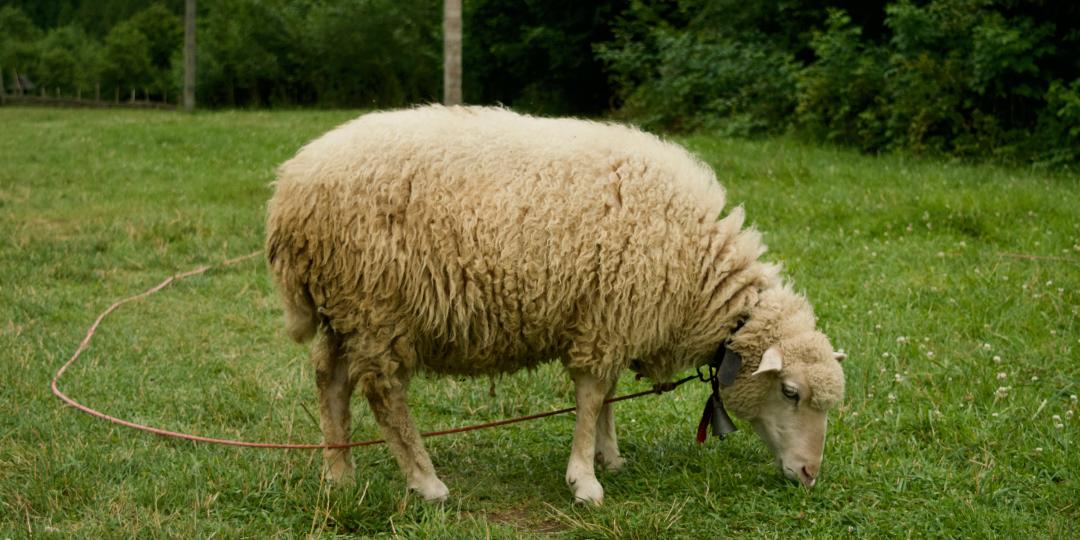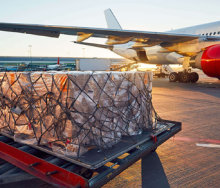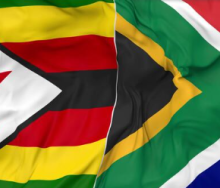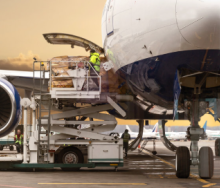The suspension of South Africa’s greasy wool imports by the Chinese authorities earlier this year because of the foot-and-mouth disease outbreak has raised strong concerns.
“Wool is an important commodity in the South African agricultural sector, ranked the sixth largest exportable commodity after oranges, grapes, wine and apples in 2018,” says Wandile Sihlobo, chief economist of the Agricultural Business Chamber of South Africa (Agbiz).
“In that year, wool accounted for 4% of South Africa’s agricultural exports of US$10.6 billion.”
According to Sihlobo, China accounted for an average 71% of South Africa’s wool exports in value terms. “So, if the current trade friction is not soon resolved, the South African wool industry could be negatively affected as over 90% of production is exported either as greasy wool or in semi-processed form as scoured and wool top.”
While Czech Republic, Italy, India, Bulgaria, Germany and the United States also import wool, they are all smaller than China, which is the world’s leading wool importer, taking more than two-thirds of the world’s wool imports in 2017, he adds.
South Africa competes with Australia, New Zealand, Uruguay, Argentina, Turkey and the United Kingdom, amongst others in the wool export market to China.
It is unclear how long the suspension will be in place but in view of the gravity of the situation, it is now being dealt with at the appropriate inter-governmental level, according to an official statement from Cape Wools SA.













